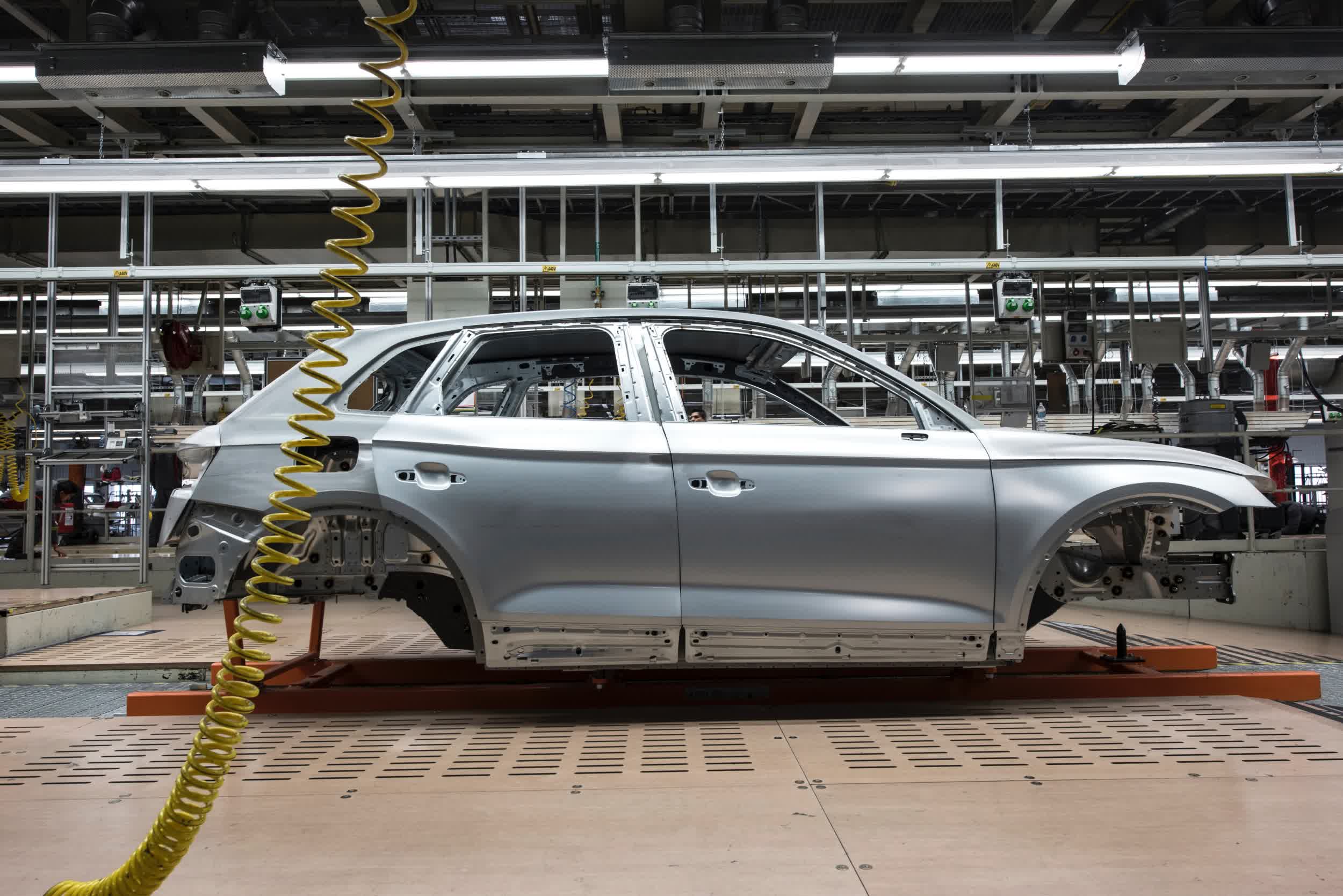What just happened? Japan's largest automaker is feeling the lingering effects of the pandemic-induced semiconductor shortage. Toyota has confirmed that it will suspend production across several of its plants and production lines in Japan, resulting in a 40 percent reduction in production for the month of September.
A spokesperson told The Wall Street Journal that Toyota is reducing factory output by between 40 percent and 60 percent in North America this month, resulting in 60,000 to 90,000 fewer vehicles rolling off assembly lines. Things aren't expected to get much better next month, either, with another 80,000 fewer vehicles lost to low production anticipated in North America.
Curiously enough, Toyota told The Journal that it doesn't expect the lowered output to impact employment.

Toyota isn't the only automaker feeling the crunch. Both Ford and GM this week said they were planning additional downtime at various factories across North America in the coming weeks. According to researcher AutoForecast Solutions, Ford has produced about 160,000 fewer F-150 pickup trucks this year due to the chip shortage. GM expects to make roughly 100,000 fewer vehicles in North America in the second half of 2021.
As recently as last month, Toyota was singing the praises of having built up a stockpile of chips to protect itself from the global semiconductor shortage.
Share value in Toyota is down a little more than four percent on the news as of this writing.
Image credit Carlos Aranda, Ant Rozetsky
